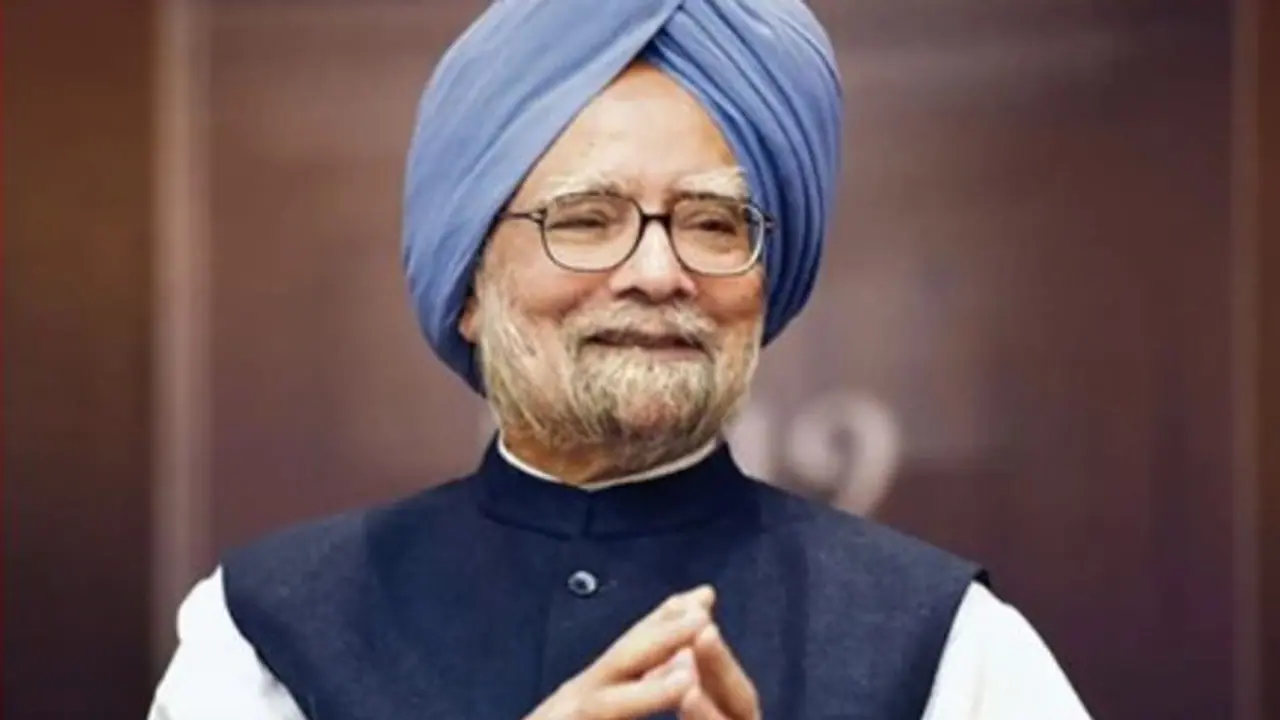Renowned for his economic acumen and calm demeanor, Singh's contributions as a politician, economist, and reformer continue to shape India's economic and political landscape. From his crucial role in economic liberalisation to his decade-long tenure as Prime Minister of India, Singh's legacy is firmly etched in the country's modern history.
Former Prime Minister Dr. Manmohan Singh, a stalwart of Indian politics, on Thursday (September 26) celebrates his 92nd birthday. Renowned for his economic acumen and calm demeanor, Singh's contributions as a politician, economist, and reformer continue to shape India's economic and political landscape. From his crucial role in economic liberalisation to his decade-long tenure as Prime Minister of India, Singh's legacy is firmly etched in the country's modern history.

Early career and rise in politics:
Born in 1932, Singh began his public service journey in various key roles before entering mainstream politics. Between 1972 and 1987, he held positions such as Chief Economic Advisor, Governor of the Reserve Bank of India, and Head of the Planning Commission. His expertise as an economist became evident during these years, laying the foundation for the significant role he would play in India's economic transformation.
In 1991, Singh was appointed Finance Minister in the government of then-Prime Minister PV Narasimha Rao. This marked a turning point in his career, as he became the architect of some of the most transformative economic reforms in Indian history.
Architect of economic liberalisation:
One of the most defining chapters of Singh's career was his pivotal role in the economic liberalisation of India in 1991. At a time when India was grappling with a severe financial crisis, Singh, as Finance Minister, introduced a series of reforms aimed at opening up the Indian economy. These reforms dismantled the License Raj, lowered trade barriers, and welcomed foreign investment into key sectors, setting the stage for India’s growth as a global economic power.
His economic policies, though met with initial resistance, played a crucial role in reshaping India's economy and integrating it into the global market. Singh's legacy as a reformer was cemented during this period, as he became widely regarded as the "father of Indian economic reforms."
His tenure as the Prime Minister of India (2004-2014):
In 2004, Singh was appointed the 13th Prime Minister of India, leading the country for two consecutive terms until 2014. His tenure was marked by several significant policy initiatives that focused on rural development, social welfare, and governance transparency.
Under his leadership, landmark legislation such as the National Rural Employment Guarantee Act (NREGA) and the Right to Information (RTI) Act were passed. NREGA, later renamed MGNREGA, provided a safety net for rural households, offering a minimum of 100 days of guaranteed employment each year. The RTI Act empowered Indian citizens to hold their government accountable by seeking information from public agencies, bolstering transparency.
Karnataka landslide: Arjun's lorry brought ashore, brother identifies his belongings
The Indo-US Civil Nuclear Agreement:
One of Singh's major foreign policy achievements was the Indo-US Civil Nuclear Agreement, signed in 2005. The landmark deal allowed India access to civilian nuclear technology from the US, marking a significant step in improving India's energy security and enhancing diplomatic ties with the United States.
A legacy of economic and social reforms:
Manmohan Singh remains one of India's most respected leaders, having shaped the country's economic policies for decades. His calm leadership style and focus on inclusive development have left an enduring impact on India's political and economic spheres.
